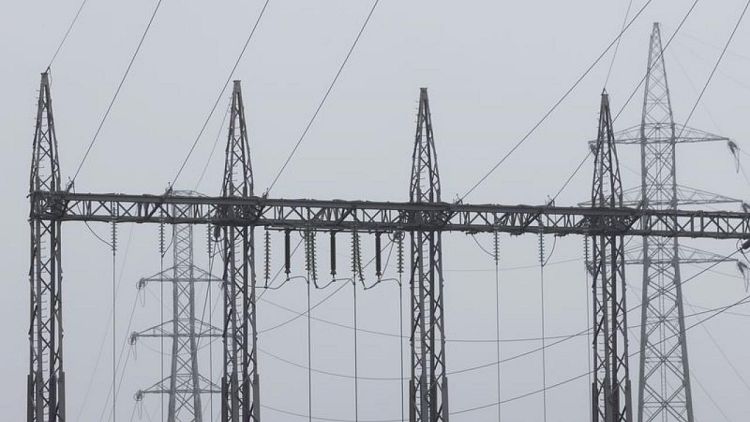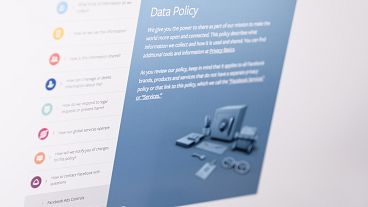BRUSSELS/STAVANGER -Belgium has backed price caps for the European Union's gas and electricity markets, as well as suspending trade in case of "irrational market behaviour," according to a note seen by Reuters on Monday.
The 27-nation EU is looking to tackle soaring energy prices and is discussing price caps for markets spooked by Russia's invasion of Ukraine in February and reduced gas supplies to Europe. Russia calls its actions in Ukraine "a special military operation."
"I believe in the free market and I think the free market is very efficient, except when it's not. And today it's not," Belgium Prime Minister Alexander De Croo told Reuters on a visit to Norway.
The EU's statistics office Eurostat said earlier this year Belgium had the highest energy inflation in the EU and that the government in Brussels tinkered with taxes and tariffs to alleviate consumer pain. It has also called for reforms of the EU energy market.
"Price levels for gas trading on European hubs should be capped in order to limit irrational market behaviour," the Belgian government said in the note.
De Croo told Reuters high prices reflected a risk premium on uncertainty, and it was becoming unbearable for households and businesses.
"I think at some point, European countries should say this is the maximum we pay," he added, speaking after a joint press conference with the Norwegian Prime Minister Jonas Gahr Stoere.
The prime minister of Norway, Europe's largest natural gas supplier after Russian deliveries dropped following Moscow's invasion of Ukraine, warned against market intervention, telling Reuters that suppliers could turn elsewhere.
With liquefied natural gas (LNG) terminals and gas pipelines connecting Europe and the world, wholesale prices should not be significantly higher in Europe than at the U.S. Henry Hub or Asia's JKM, the Belgian government said.
"If price ceilings are installed in the gas market, the price ceilings in the electricity market must also be revised," added the note, which also lays out the Belgian government's stance ahead of bloc energy ministers' talks.
It called for a suspension in wholesale trading if necessary and for a review of pricing that currently translates higher gas prices into more expensive electricity, even if the latter is produced from nuclear or renewable sources.



